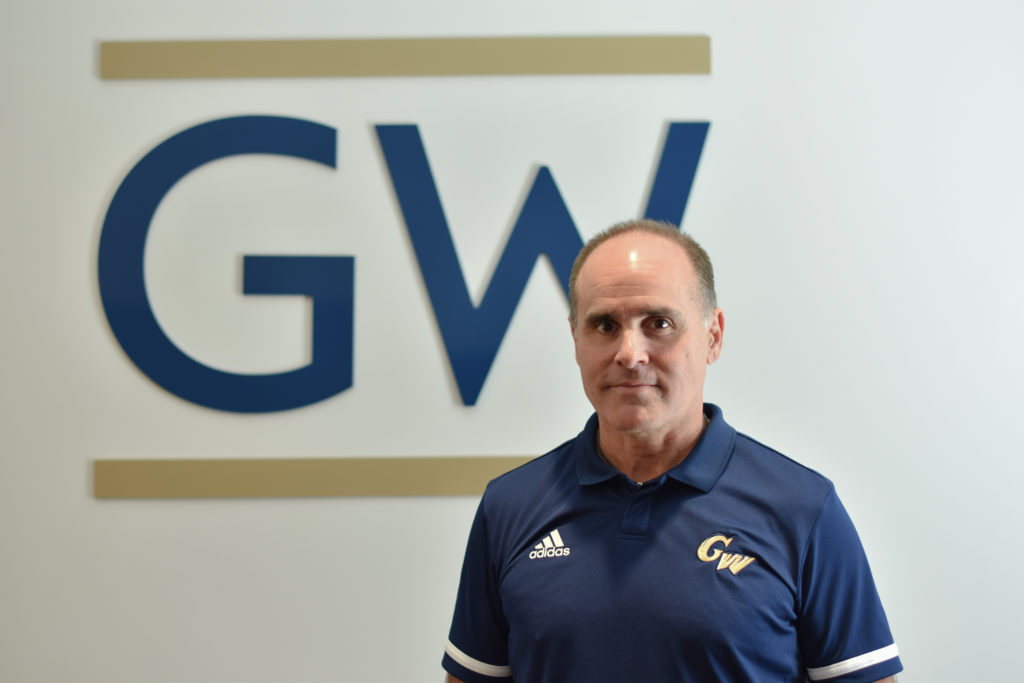Administrators will suspend hiring processes and most major capital projects to mitigate the negative financial impact to GW from the COVID-19 pandemic.
Provost Brian Blake and Executive Vice President and Chief Financial Officer Mark Diaz said GW is in a “strong financial position” but added they are suspending “all hiring,” delaying capital projects and working with banking partners to ensure GW has enough funding to maintain daily operations as cases of COVID-19 in D.C. continue to rise, according to an email sent to faculty and staff. The email states that these measures are a “necessary step” to ensure GW’s long-term viability.
“We also must focus on mitigating the impacts to our operations and finances by controlling what we can control,” Blake and Diaz said in the joint email. “The two primary areas are personnel and capital spending.”
Both the hiring freeze and suspension of capital projects include exceptions. Guidelines will be released “soon” detailing a process through which officials will consider a hiring exemption for “essential cases,” and current offers will still be honored, but Blake and Diaz will review those offers and must reaffirm their approval, the email states.
Blake said in an interview that ongoing dean searches will still continue, along with hiring processes for some “critical” faculty positions.
Officials implemented a hiring freeze to make up for a budget shortfall nearly a decade ago.
The capital projects suspension, which will remain in effect until further notice, will not include the “strategic projects” like the Thurston Hall renovation and “life-safety projects,” according to the email.
The Board of Trustees approved an $83.2 million capital budget for the fiscal year 2020 that included funding for improvements to the Corcoran School of Arts and Design’s Flagg Building, equipment upgrades to various academic and research facilities and improvements to Guthridge and JBKO halls.
“With so much uncertainty, this is the most prudent action we can take at this time,” the email states.
The Faculty Senate’s Fiscal Planning and Budgeting Committee estimated in September that the University would collect about $11 million more in revenue than expenses – about a 0.9 percent operating margin – prior to the outbreak of the COVID-19 pandemic.
The fiscal year 2020 budget allocated an additional $2 million in contingency funding to prepare for unexpected emergencies.
Officials announced earlier this month that they will reimburse students for housing, dining and parking costs as classes transition online for the rest of the semester as part of efforts to curb the spread of the virus.
Blake and Diaz said they will continue evaluating these decisions and consider further action depending on the length of the crisis.
“We are in unprecedented times defined largely by a high degree of uncertainty,” they said in the email. “Such uncertainty requires us to be as prudent and preemptive as possible.”








